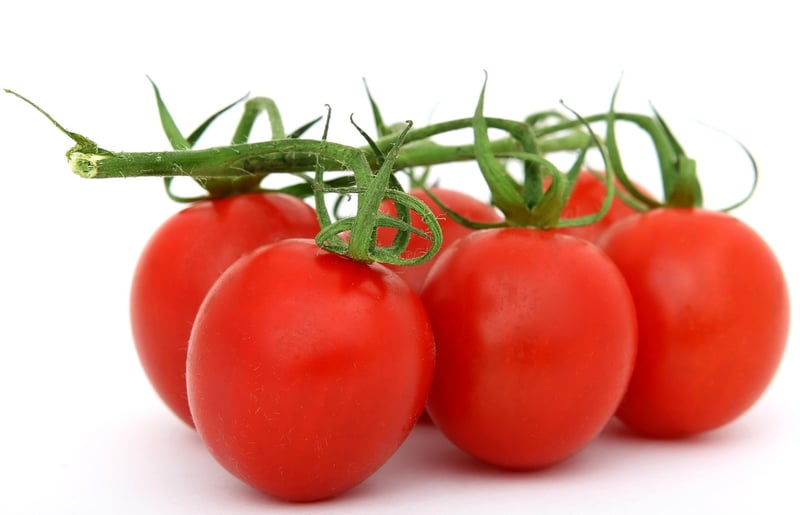Culinary Integration
The Future of Cooking: Innovative Methods and Culinary Integration
In today's rapidly evolving culinary landscape, chefs and food enthusiasts are constantly seeking new ways to push the boundaries of traditional cooking. From molecular gastronomy to fusion cuisine, innovative cooking methods and culinary integration are shaping the future of how we prepare and experience food.
1. Molecular Gastronomy
Molecular gastronomy is a scientific discipline that explores the physical and chemical transformations that occur during cooking. By understanding these processes at a molecular level, chefs can create innovative dishes that challenge traditional culinary norms. Techniques such as spherification, foams, and food encapsulation have revolutionized the way we perceive food textures and flavors.

2. Sous Vide Cooking
Sous vide, a French cooking technique that involves cooking food in vacuum-sealed bags at precise temperatures, has gained popularity for its ability to produce consistently tender and flavorful dishes. By immersing ingredients in a water bath for an extended period, sous vide cooking ensures uniform cooking and optimal retention of nutrients and juices.

3. Fusion Cuisine
Fusion cuisine combines elements from different culinary traditions to create innovative and eclectic dishes. By blending flavors, techniques, and ingredients from diverse cultures, chefs can craft unique gastronomic experiences that tantalize the taste buds. From sushi burritos to kimchi tacos, fusion cuisine continues to captivate food lovers worldwide.

4. Fermentation
Fermentation is a time-honored culinary technique that involves the preservation and transformation of food through beneficial microorganisms. From kimchi to kombucha, fermented foods not only offer complex flavors but also provide numerous health benefits. Chefs are incorporating fermented ingredients into their dishes to add depth and complexity to their creations.

5. Plant-Based Innovations
With the rise of plant-based diets and sustainability concerns, chefs are exploring innovative ways to incorporate plant-based ingredients into their cooking. From jackfruit "pulled pork" to beetroot burgers, plant-based innovations are reshaping the culinary landscape by offering delicious and environmentally friendly alternatives to traditional meat-based dishes.

As the culinary world continues to evolve, the integration of innovative cooking methods and diverse culinary traditions will pave the way for exciting new gastronomic experiences. Whether you're a professional chef or a home cook, embracing these trends can inspire creativity in the kitchen and transform the way you approach food.
Join the culinary revolution and explore the endless possibilities that innovative cooking methods and culinary integration have to offer!
